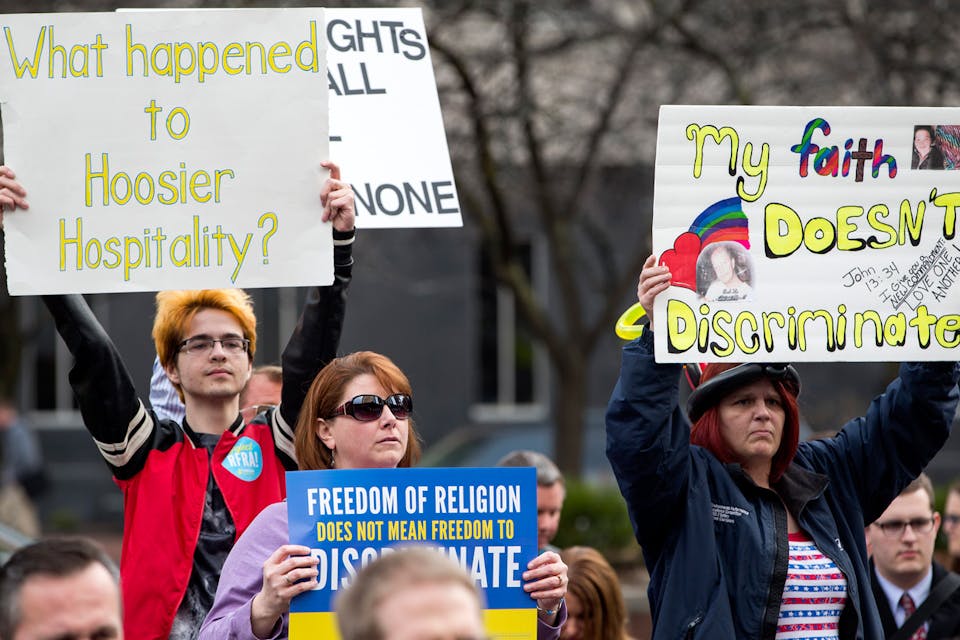
August 8, 2016
How Anti-Discrimination Became a Religion, and What It Means for Judaism
Currently, Jews are among the most popular religious groups in the U.S. As the liberal left's commitment to religious liberty fades, how long will this consensus last?
Richard Samuelson’s essay, “Who’s Afraid of Religious Liberty?,” offers a sobering look at how religious liberty has come to be devalued by American liberals, especially when it conflicts with the liberal attachment to anti-discrimination law. Progressives see adherence to many traditional religious teachings, particular those concerning sexual morality and the status of women, as mere bigotry to be stamped out by government authorities.
In what follows, I’ll address three issues raised by the essay. How did we get here? Is the situation as dire as Samuelson suggests? And, finally, what does it all mean for the future of Jews and Judaism in the United States?
There are several reasons why traditional religious perspectives are increasingly losing out to legal challenges mounted under the rubric of anti-discrimination. The first is the gradual transformation of the primary rationale for anti-discrimination laws. These started as part of an effort to redress the exclusion of African-Americans and others from mainstream American life. Because of that relatively defined goal, the framers of early civil-rights legislation, as Samuelson notes, were content to provide exemptions from its stringencies for minor economic players, such as landlords who were living on their own property.
Responses to August ’s Essay
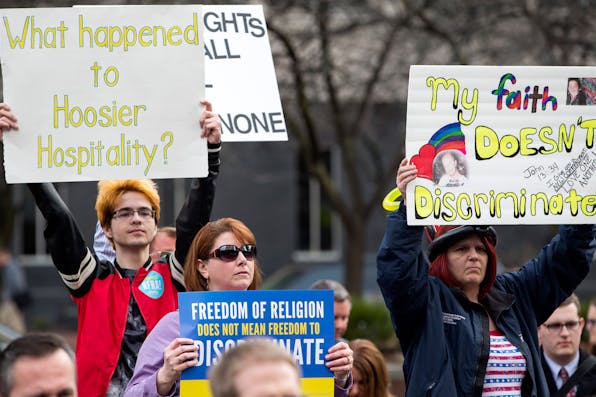
August 2016
How Anti-Discrimination Became a Religion, and What It Means for Judaism
By David E. Bernstein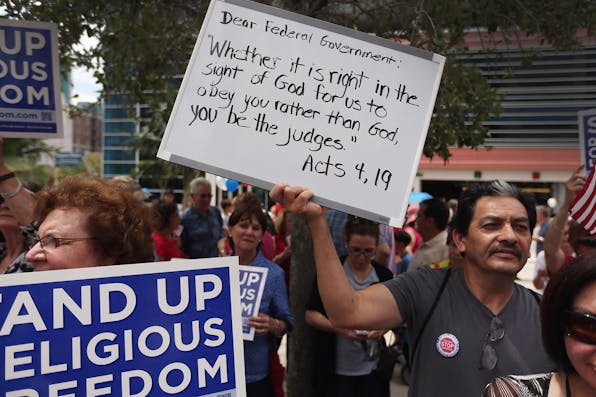
August 2016
The Rise of the Secular Theocracy
By Wilfred M. McClay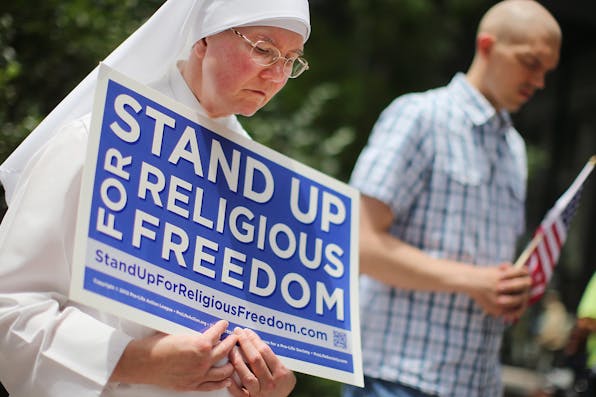
August 2016
The Battle for Religious Liberty Will Be Won on the Field of Education
By Peter Berkowitz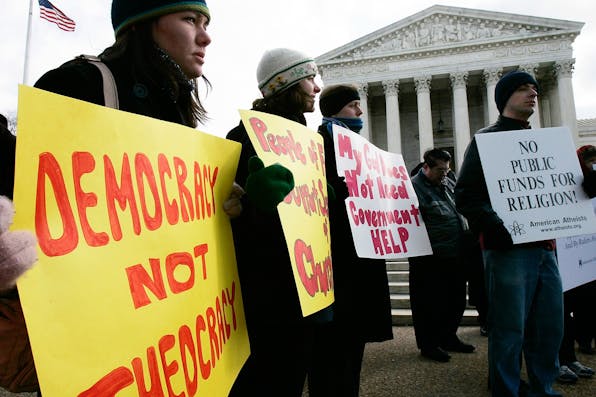
August 2016
As America Grows Less Religious, Can the Tocqueville Model Still Work?
By Richard Samuelson